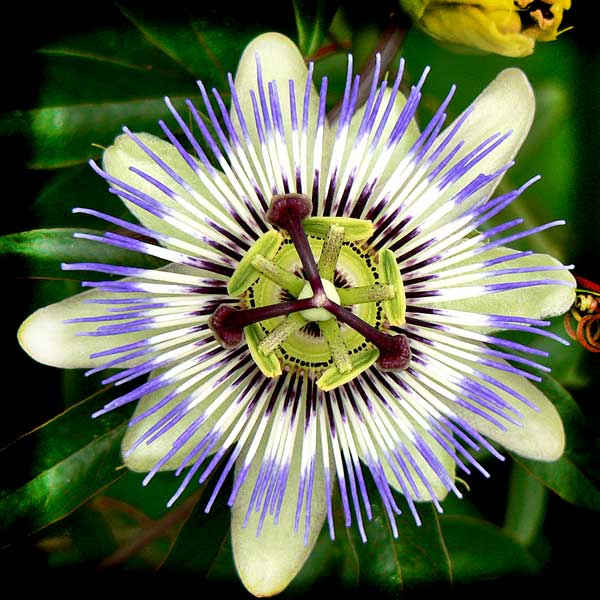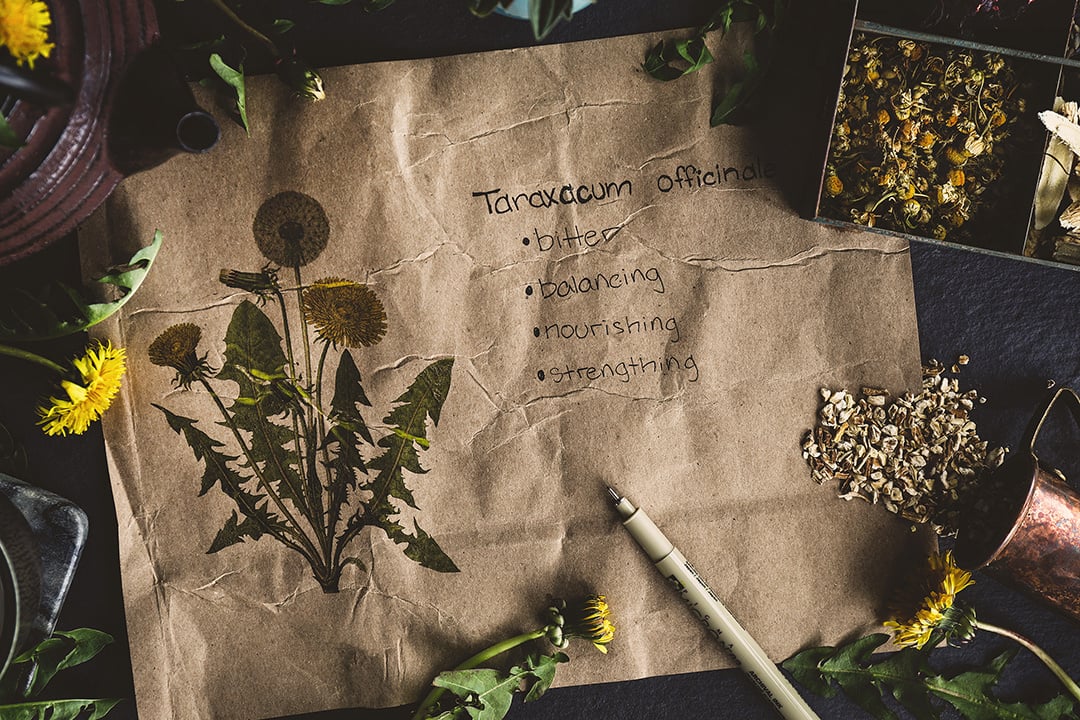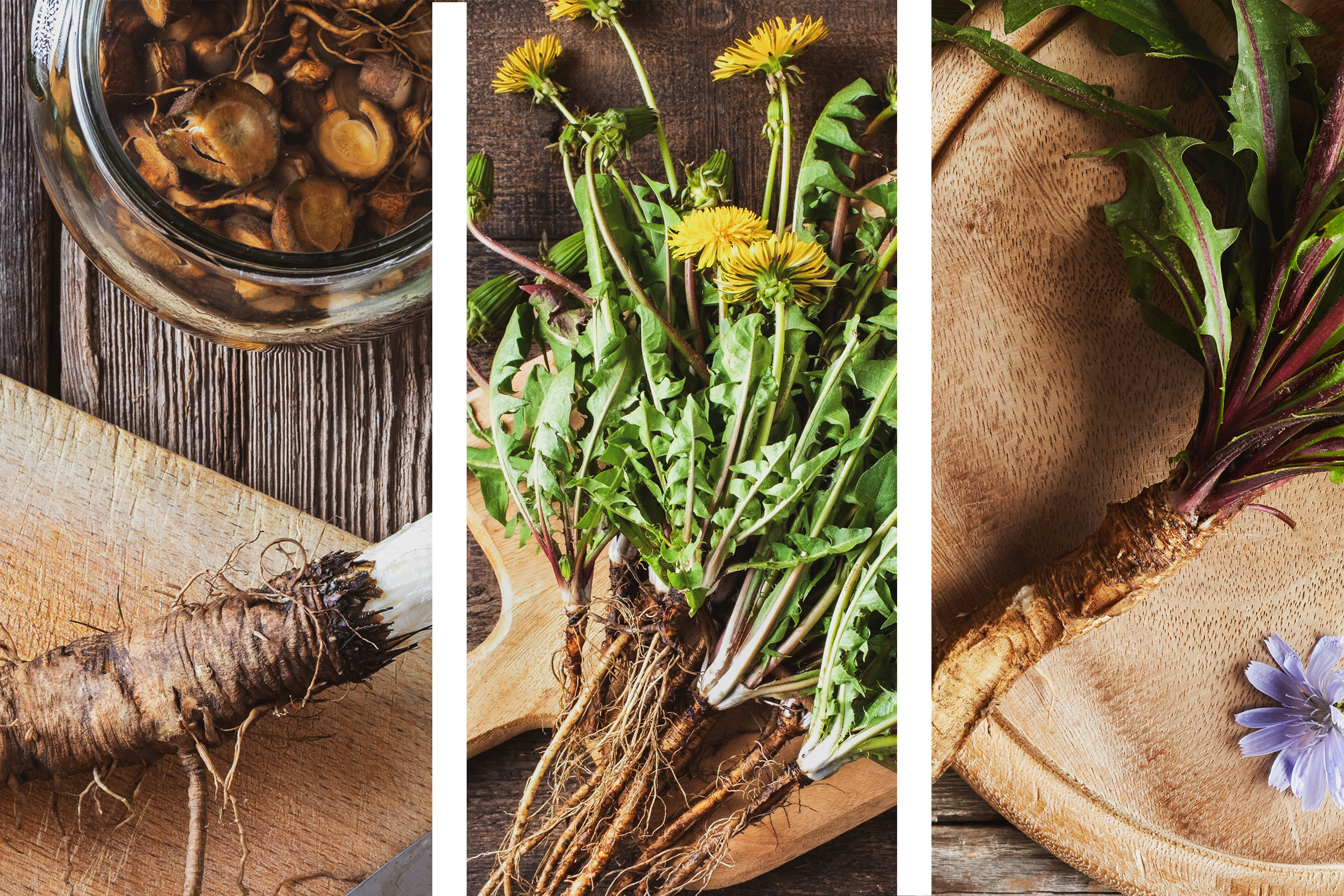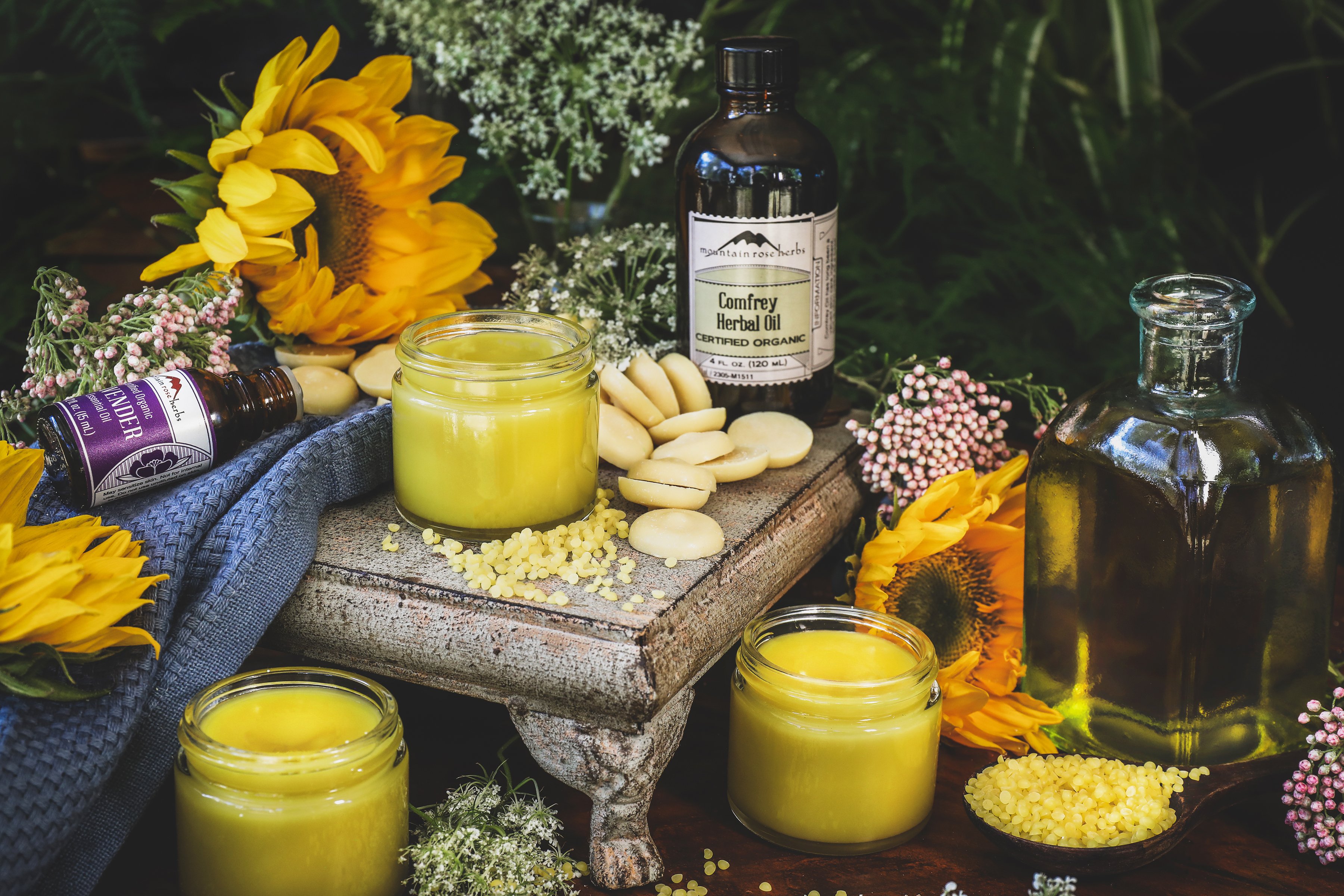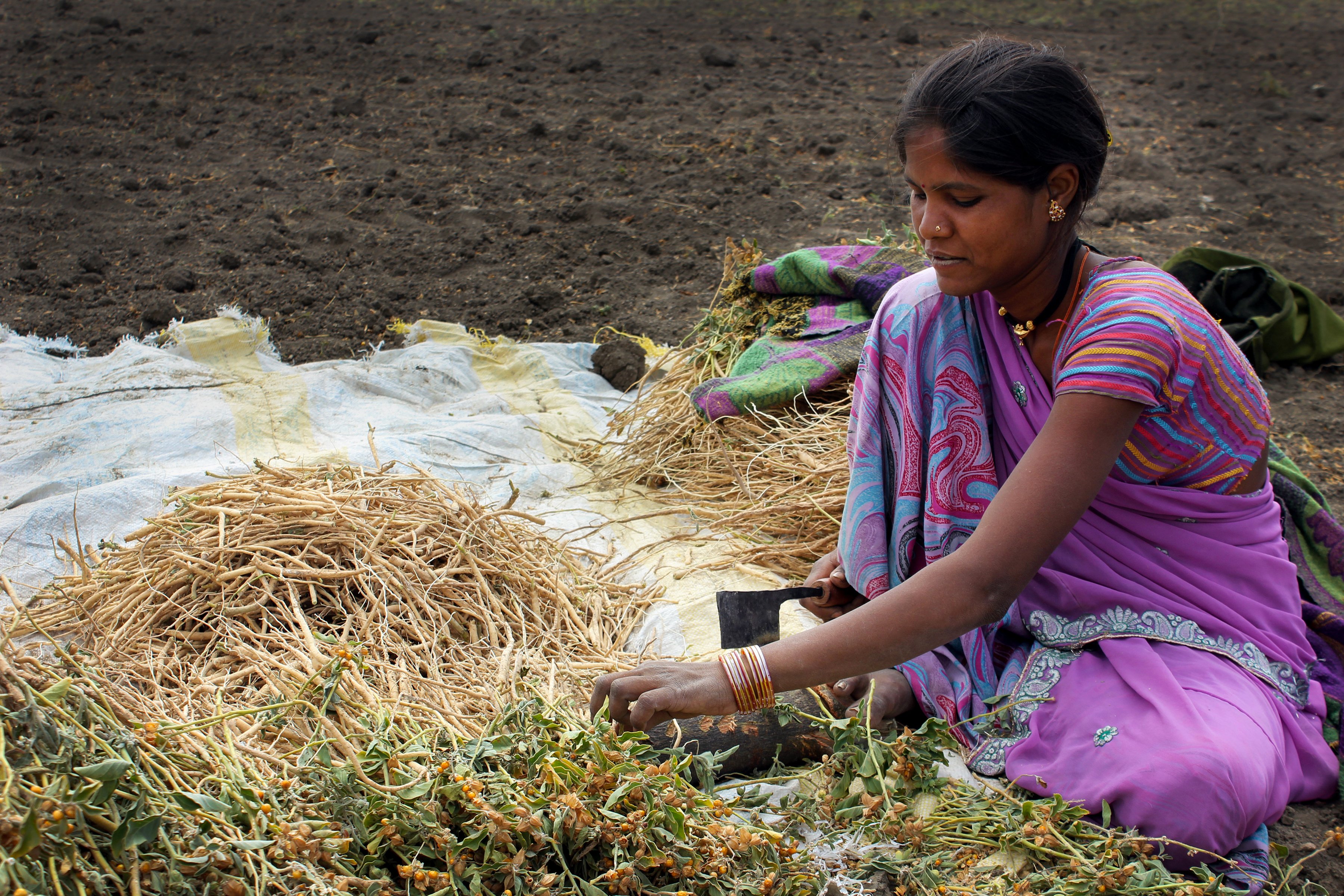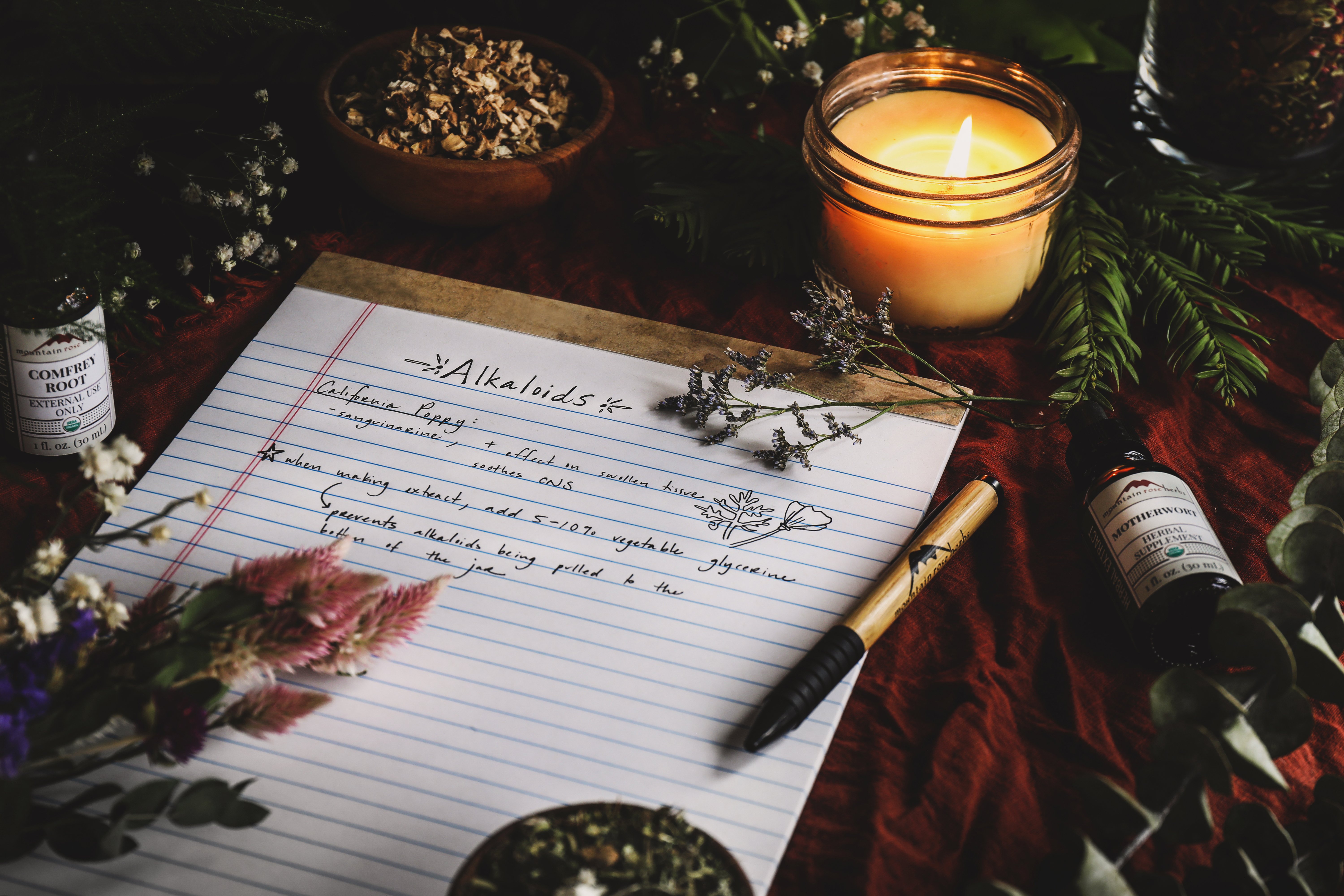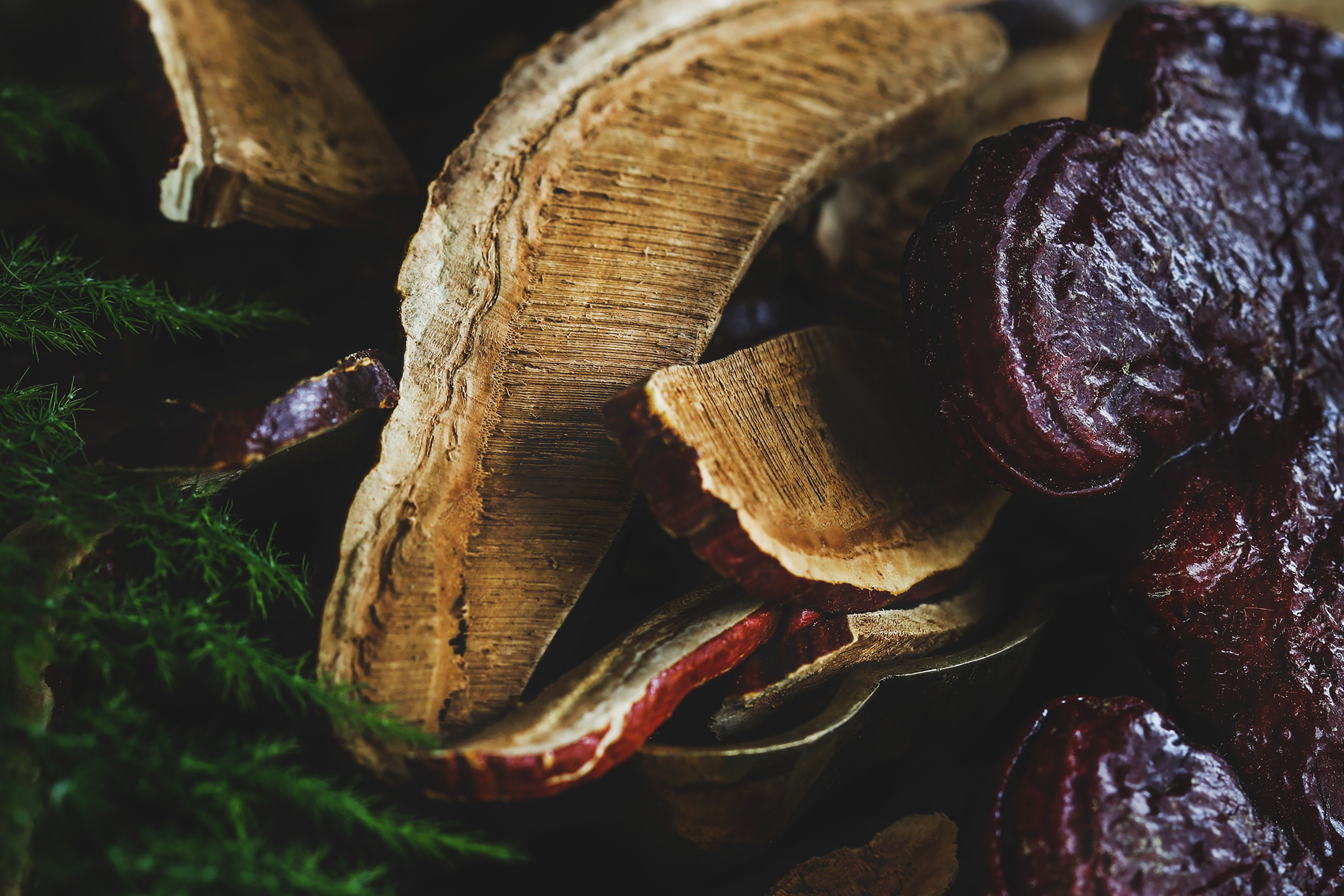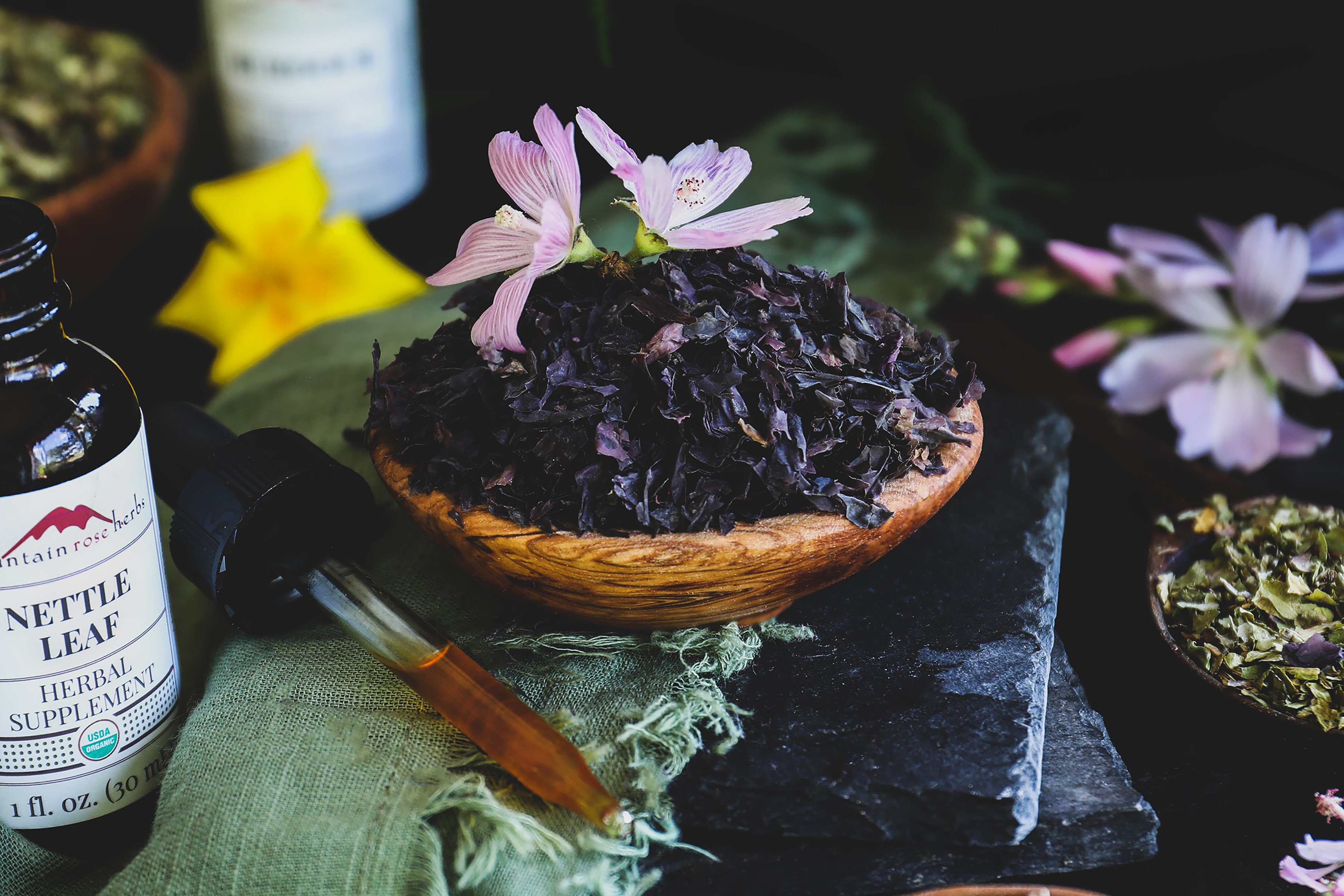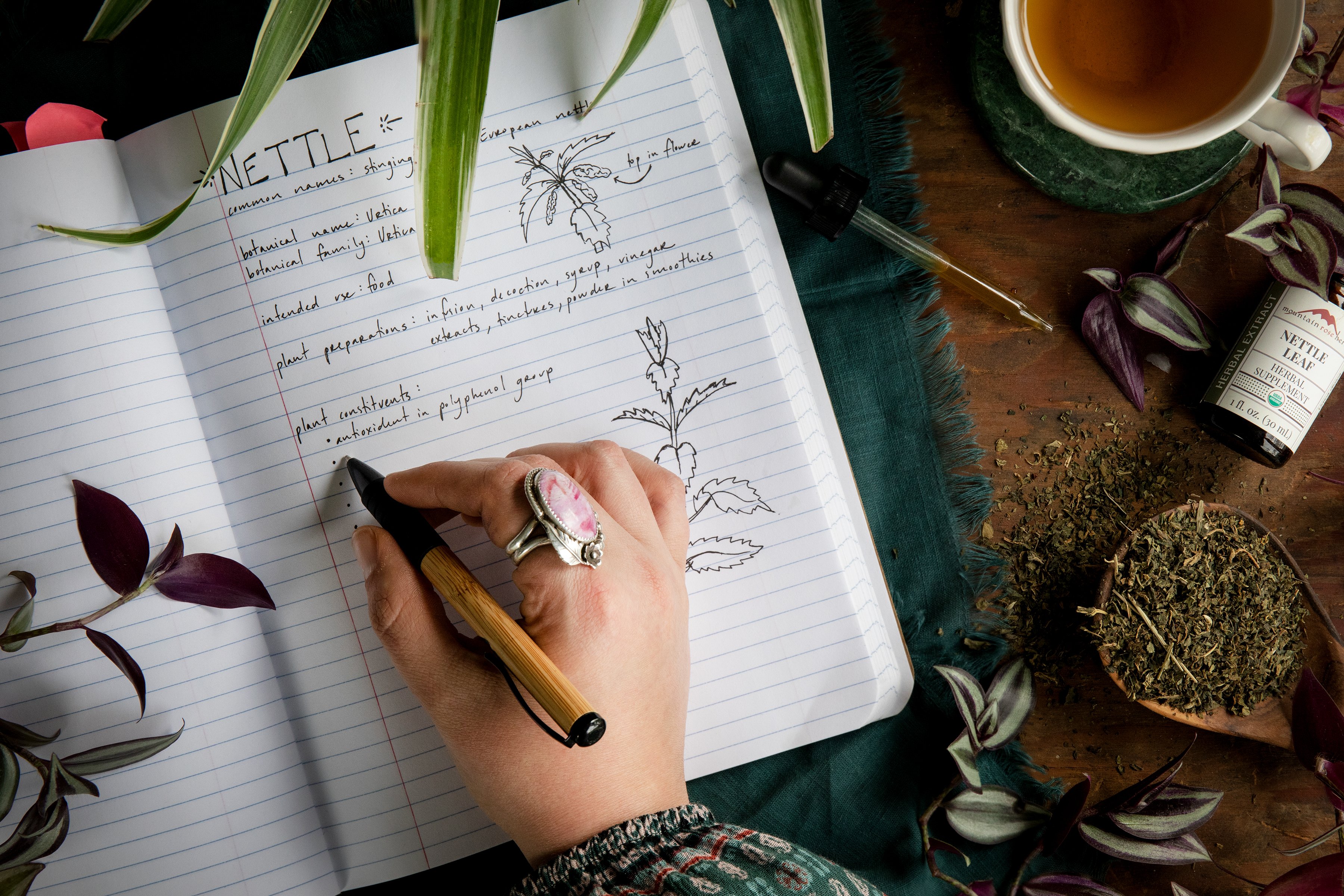Ashwagandha (Withania somnifera) a plant highly praised in the Ayurvedic tradition, is in the Solanaceae, or nightshade, family. It’s been said that the herb may give both energy and calmness to those plagued with physical, mental, and emotional exhaustion. The species name somnifera means sleep-inducing, whereas ashwagandha comes from the Sanskrit words “ashva” and “gandha,” meaning “horse smell” since some think the roots of this calming plant smell like a horse. To each their own in the smell department; however, being a trophorestorative herb, it can bring “horselike” strength and vitality when used consistently over time. Ashwagandha has also been known to have a positive effect on cortisol levels due to real and perceived stress triggers and their subsequent physical and emotional symptoms. With stress being a way of life for many, the release of stress may also result in increased vigor and energy.
Read More

